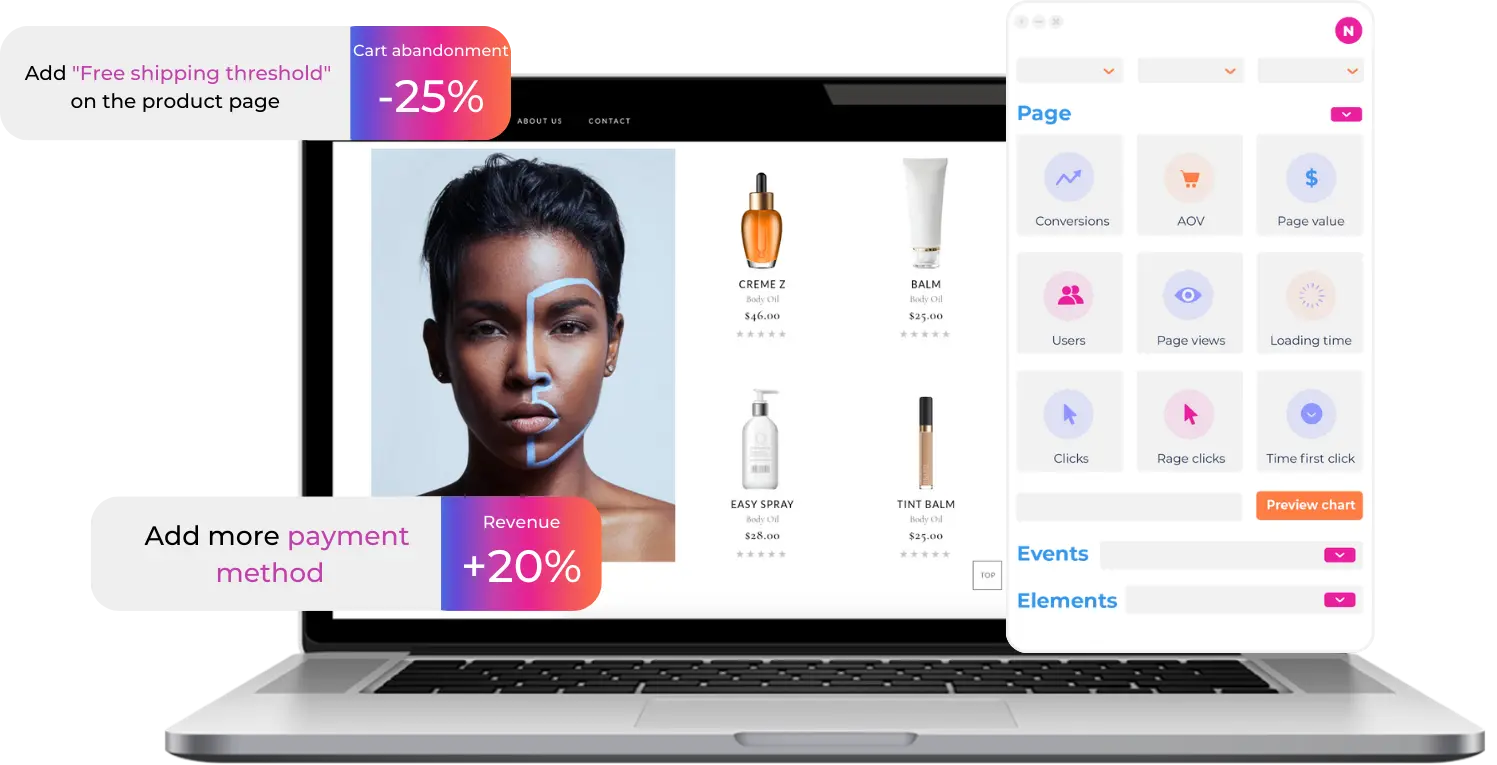Google's plan to block third-party tracking cookies in Chrome
In a move to enhance user privacy and protect their data, Google has announced that it will disable third-party tracking cookies in its Chrome browser. This significant step is part of Google's ongoing efforts to prioritize user privacy and provide more control over data usage.
Starting from January 4th, Google will begin testing its new Tracking Protection feature, which will eventually restrict website access to third-party cookies by default.
This article delves into the details of Google's plan, the motivation behind it, and its implications for users, advertisers, and publishers.
Understanding Third-Party Tracking Cookie
Third-party tracking cookies have been a fundamental part of the web for almost three decades. These cookies enable websites to track user activity across different sites, gathering data about their browsing habits. While they have been used to support a range of online experiences, such as personalized ads and login functionality, they also raise concerns about user privacy and data security.
Google's Privacy Sandbox Initiative
Google's move to disable third-party tracking cookies is part of its broader Privacy Sandbox initiative. The Privacy Sandbox aims to develop new technologies that improve user privacy across the web and Android apps.
The goal is to find alternatives to third-party cookies that allow websites to maintain essential functionalities while preserving user anonymity.
Phased Approach to Cookie Disabling
Google will implement the disabling of third-party tracking cookies in a phased manner.
Initially, the Tracking Protection feature will be rolled out to 1% of Chrome users globally, starting in January 2024. This limited testing will allow developers and websites to assess how their services handle the absence of third-party cookies.
Testing the Tracking Protection Feature
If you are among the randomly selected users chosen for testing Tracking Protection, you will receive a notification when opening Chrome on desktop or Android. The Tracking Protection feature will be enabled by default, blocking all tracking requests from third-party cookies.
However, Google acknowledges that disabling cookies may cause issues for certain websites. If Chrome detects any problems, it will prompt you with an option to temporarily re-enable third-party cookies for that specific site.
Protecting User Privacy and Security
Google's decision to disable third-party tracking cookies aims to protect user privacy and enhance data security.
By relaying anonymized user browsing data to advertisers through Google-provided APIs, Google aims to strike a balance between protecting user privacy and supporting advertisers' needs. These APIs, such as the Topics API, allow advertisers to conduct their ads business while minimizing cross-site tracking.
Implications for Advertisers
The phasing out of third-party tracking cookies will have significant implications for advertisers.
Ad tech firms that rely on third-party cookies for data collection will need to adapt their strategies and find alternative ways to serve relevant ads to users. This shift may benefit walled gardens like Google, Facebook, and Amazon, which have access to logged-in user data.
However, the advertising industry as a whole will need to adjust to the changing landscape and develop new standards for targeted ads that prioritize user privacy.
Impact on Publishers
Publishers will also be affected by the disabling of third-party tracking cookies. Programmatic website advertising, which relies heavily on third-party cookies, may see a decrease in revenue.
However, publishers can explore and implement user ID solutions as privacy-focused alternatives. These solutions, such as ID5 or Audigent's Hadron ID, can help publishers continue to provide personalized experiences while respecting user privacy.
Addressing Competition Concerns
While Google's move to disable third-party tracking cookies is aimed at protecting user privacy, it has faced scrutiny from regulators and competition authorities.
The UK's Competition and Markets Authority (CMA) is closely monitoring Google's actions to ensure that it does not gain an unfair advantage in selling its own ads.
Google is aware of these concerns and is committed to addressing any remaining competition issues before the broader rollout of the Tracking Protection feature.
The Future of Web Privacy and Advertising
Google's plan to block third-party tracking cookies marks a significant shift in digital advertising and web tracking. While there may be challenges and uncertainties in the transition, this move aligns with the growing demand for enhanced user privacy and data protection.
The advertising industry will need to evolve and find innovative ways to serve targeted ads without compromising user privacy. As Google continues to develop its Privacy Sandbox initiative, users can look forward to a web that is more private and universally accessible.
Conclusion
Google's decision to disable third-party tracking cookies in Chrome demonstrates its commitment to prioritizing user privacy and data protection.
By phasing out these cookies, Google aims to strike a balance between protecting user privacy and supporting the needs of advertisers and publishers. The implementation of the Tracking Protection feature, along with the development of Privacy Sandbox APIs, will shape the future of web privacy and advertising.
As we move towards a web that is more privacy-focused, it is important for users, advertisers, and publishers to adapt and embrace these changes to create a more secure and user-centric online ecosystem.
